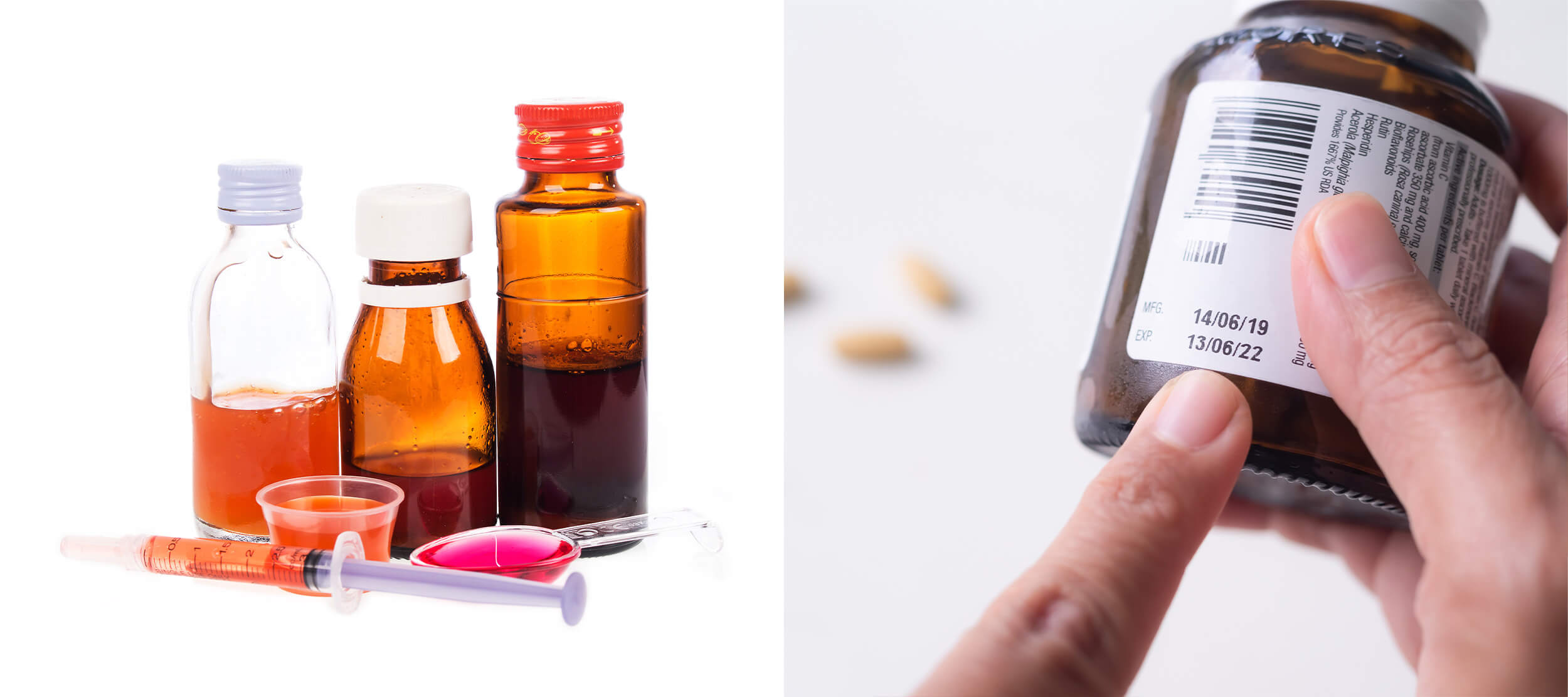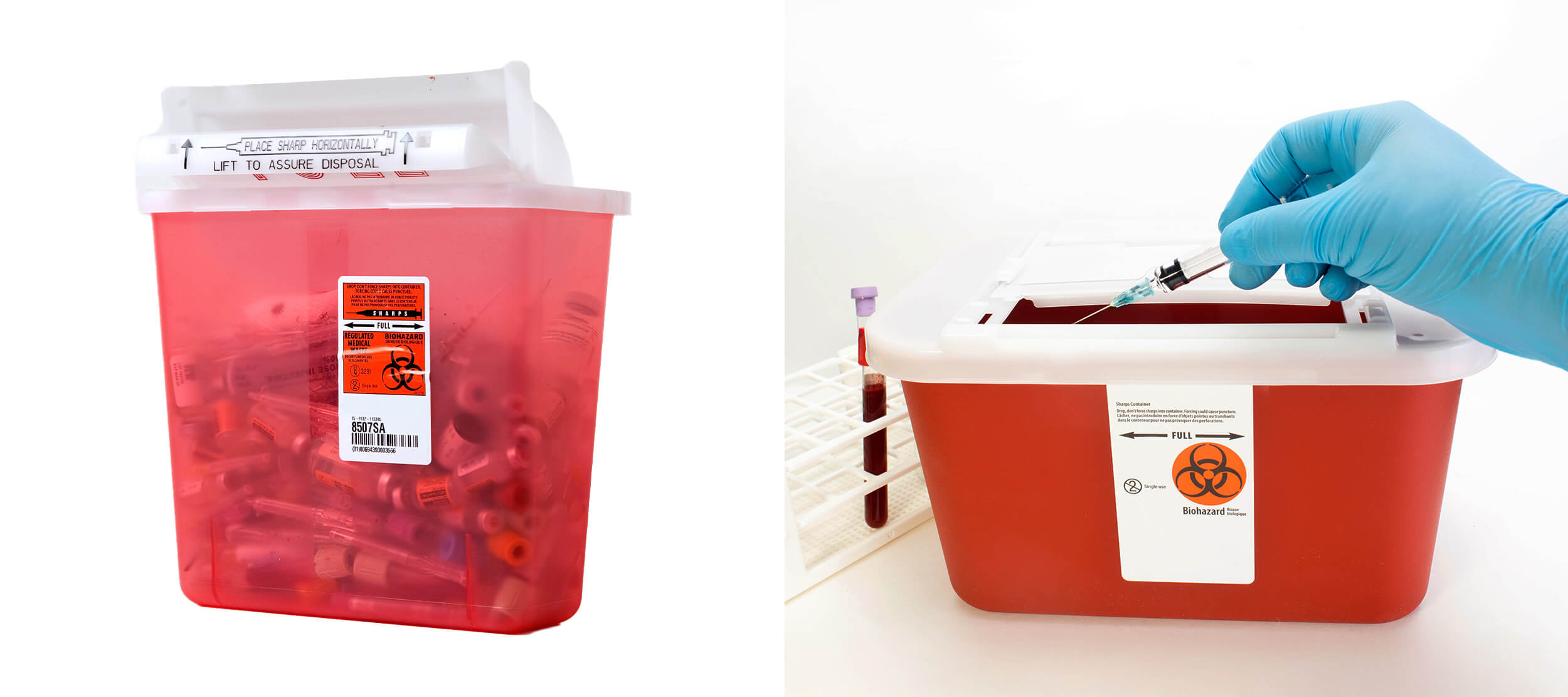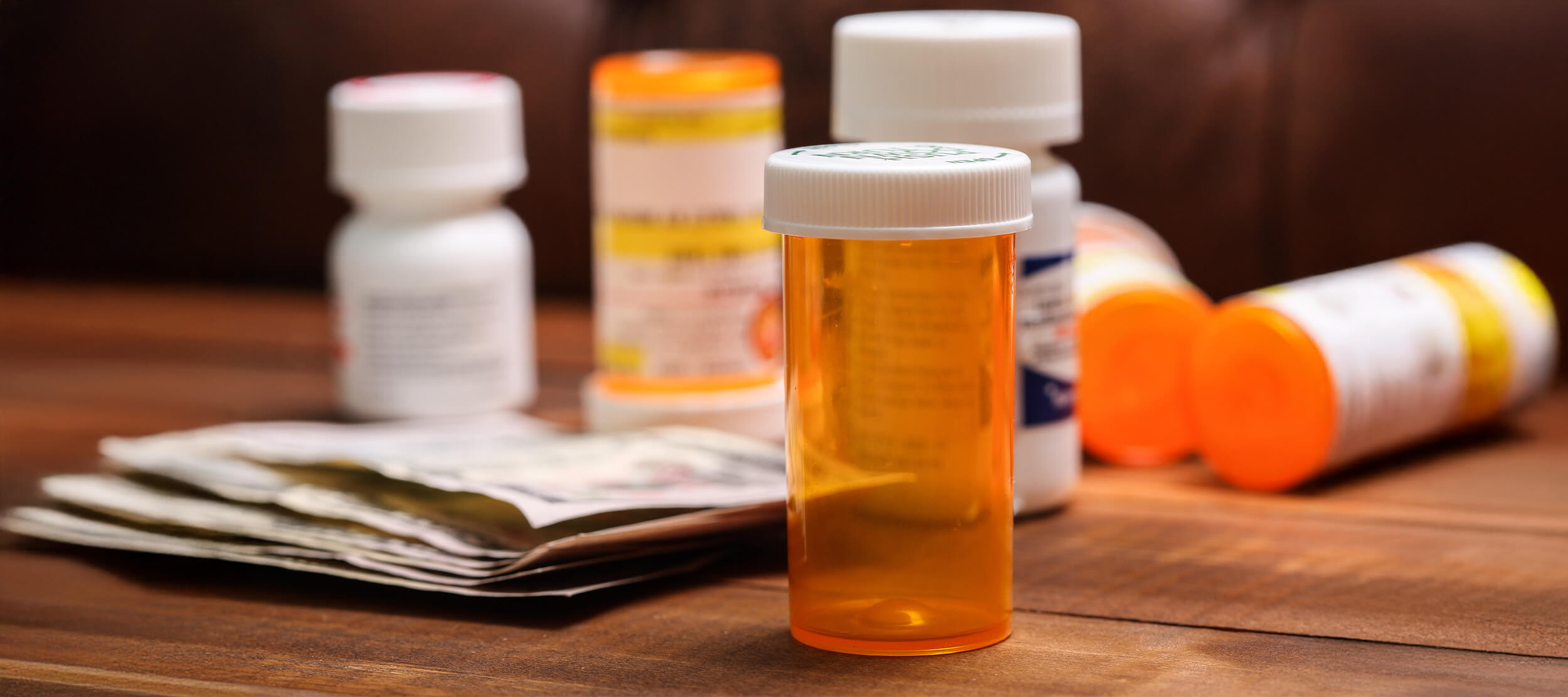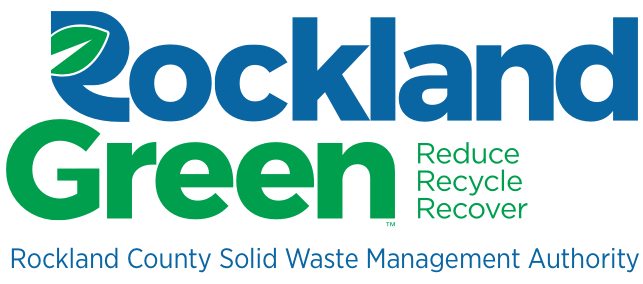December 10, 2024
Proper medical waste disposal is crucial for Rockland County’s environment and public health and safety.
If you need to dispose of expired medications, used syringes, or other medicines like cough syrup, it’s important to know how to do so safely and responsibly. Here are detailed steps for proper medical waste disposal in our communities.
What Is Medical Waste?
Medical waste refers to any waste generated from medical or healthcare activities, including:
- Unused or expired medications (pills, syrups, ointments, etc.)
- “SHARPS” like needles, syringes, lancets, and autoinjectors (for diabetes management, injections, or other medical treatments)
- Empty medicine bottles and packaging
If not disposed of correctly, these materials can pose significant health risks, contaminate local water supplies, and more.

Step 1: Properly Dispose of Prescription and Non-Prescription Medications and Pills
In Rockland County, there are several options for disposing of prescription pills and over-the-counter medications. Here’s what you should know.
Take-Back Programs
One of the best ways to safely dispose of unused or expired medications is through a medication take-back program. You can bring controlled substance medications to most local police departments and the Rockland County Sheriff’s Office. The Sheriff’s Office has a dropbox located in its front lobby that is available 24/7 for residents to dispose of both types of prescription and non-prescription medications. Contact your local law enforcement for more information.
Non-controlled prescriptions and pet medication can be brought to our Household Hazardous Waste Facility on select dates.
Make sure medications, including liquid medication, are in their original containers.
Do Not Flush or Throw Away Medications
Avoid flushing medications down the toilet or throwing them in the trash. Flushing pills or liquids can contaminate water supplies, and throwing them away improperly can pose risks to pets, children, or wildlife.

Step 2: Dispose of Used Needles and Syringes Safely
For individuals who use needles, syringes, lancets, or other SHARPS at home (for diabetes management or other health conditions like allergies), safe disposal is critical to avoid injury and the spread of infection.
SHARPS Collection Program in Rockland County
Any Rockland County resident who uses needles, syringes, and lancets for self-medication in their home can participate in the SHARPS program. Here's how to do it:
- Get an “Approved SHARPS Container.” These are typically puncture-resistant containers designed specifically for safely holding needles and other sharp objects. You can purchase these containers at local pharmacies.
- Place your used syringes, lancets, and needles in the “Approved SHARPS Container.”
- After your container is full, you can drop it off at one of the County's designated drop-off sites from 10 AM to 12 PM and from 6 PM to 8 PM for proper disposal.
- Do not attempt to reuse or recycle used SHARPS containers. Once your SHARPS container is full, seal it properly and follow the proper disposal procedures to avoid potential injury or contamination.
Step 3: Disposing of Empty Medicine Bottles
Empty prescription bottles can go into your recycling bin with the rest of your plastics, metal, and glass. Before disposing of prescription bottles, remove the labels to protect patient privacy and prevent identity theft. Peel the label off, or cover it with a permanent marker if it’s not easily removable. Also, caps and lids must be removed from the bottles before recycling.
If you have any questions about this, contact Rockland Green at (845) 753-2200 for more information.

Conclusion
Proper medical waste disposal is crucial for protecting public health and the environment. Whether you’re disposing of prescription pills, used needles, empty medicine bottles, or liquid medications like cough syrup, it's important to follow the correct procedures in Rockland County.
By taking advantage of medication take-back programs, SHARPS disposal services, and recycling options, you can help ensure that medical waste doesn’t become a hazard to your family, neighbors, or the environment.
